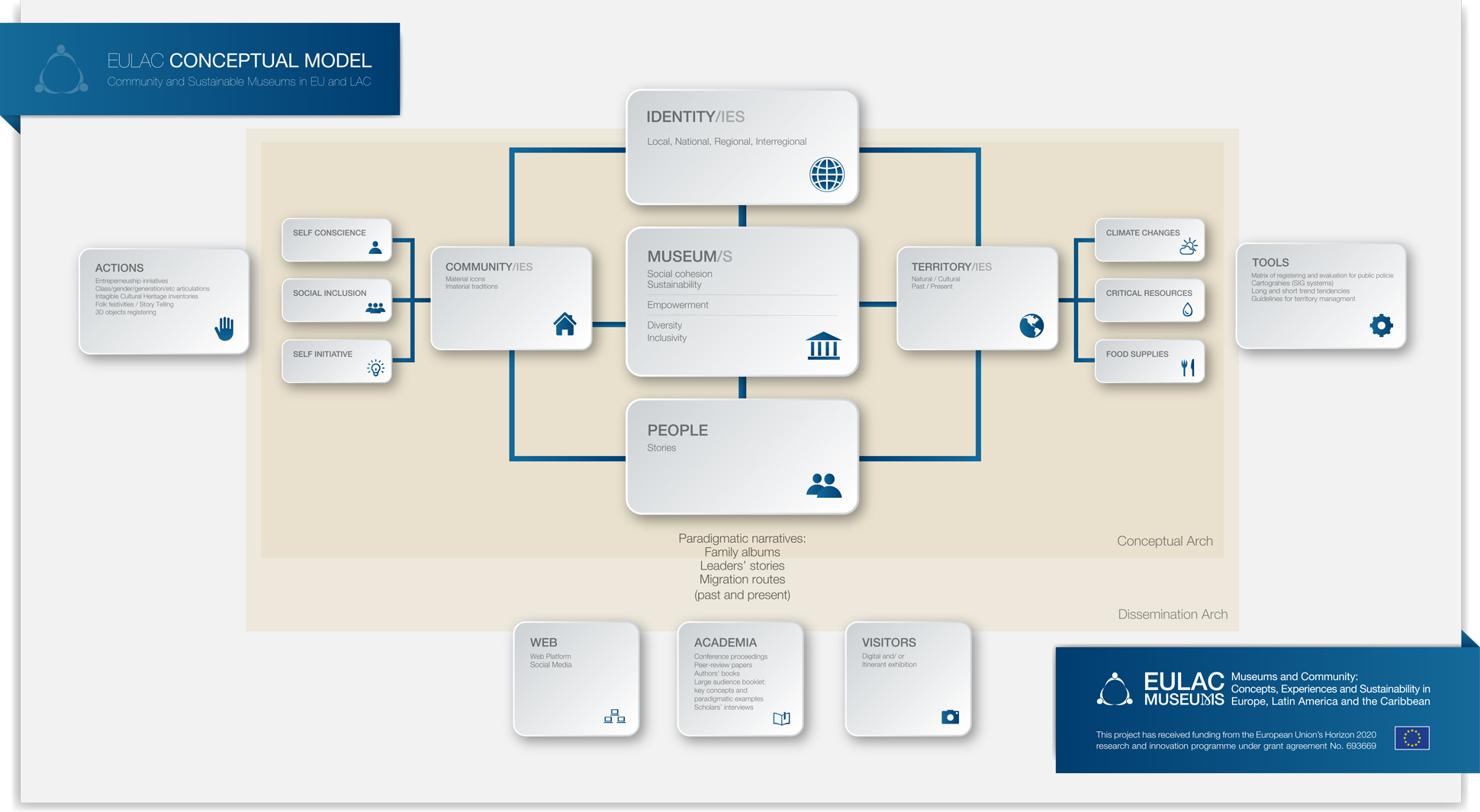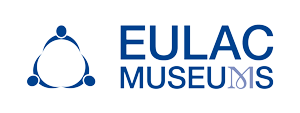The tangible and intangible heritage data from our partner countries is being gleaned not only from permanent institutions, but also from the communities of local museums, ecomuseums, and community museums engaged in our project. Moreover in the context of the Caribbean, the Web Portal will host a Virtual Museum of Migration Histories. In this way, we assist the museum communities we work with to preserve their cultural or religious objects, indigenous knowledge and traditional skills, along with the environments in which the objects were used. The community members will remain the primary keepers of their history and collective memory, but it will be shared between EU and LAC, and with the wider world. The types of data we will research and collate within our ambitious Web Portal include:
-
Iconic objects identified as representing each community (“community icons”)
-
Legends and folk tales
-
Family albums
-
Testimonials (life cycles, identity values, etc.)
-
Migratory movements
-
Social development and archaeological community landmarks
-
Community and sustainable museums: paradigmatic examples
The items above are multi-media and multi-disciplinary, and for this reason we recognise the prerequisite of having a trans-disciplinary research team. Our consortium researchers are international experts working in the following disciplines: Museology, Archaeology, Art History, History, Computer Science, and Geography. All of these specialisms are essential to achieve our goals, and will work together to disseminate the highest-quality results amongst our academic and professional communities. The Web Portal will be the main democratic framework through which this outcome will be achieved.
-
The Conceptual Model below was agreed as a tool for our partners to conceptualise our work packages, with museums and communities at their core.


